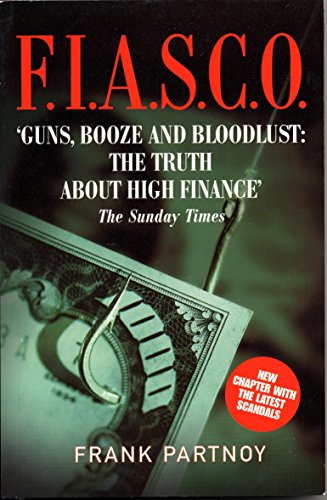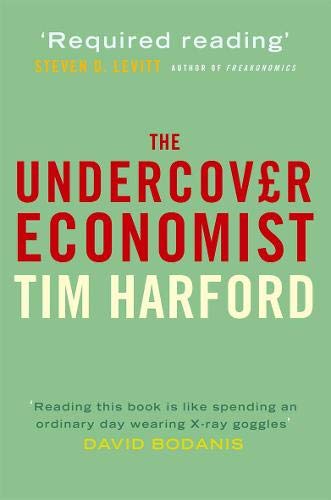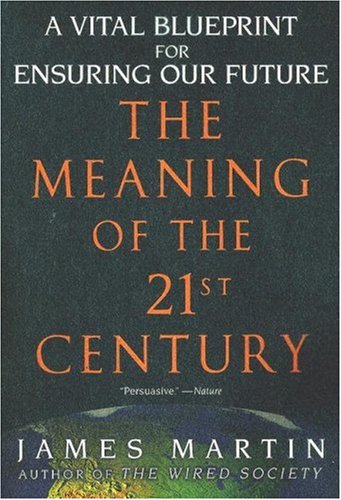My Books - Non fiction
Explore a curated collection of captivating non-fiction books on 'My Books - Non Fiction.' Discover insightful reads, expert recommendations, and must-have titles to expand your knowledge and perspective.


Book
Freakonomics Rev Ed
by Steven D. Levitt
Which is more dangerous, a gun or a swimming pool? What do schoolteachers and sumo wrestlers have in common? Why do drug dealers still live with their moms? How much do parents really matter? How did the legalization of abortion affect the rate of violent crime? These may not sound like typical questions for an econo-mist to ask. But Steven D. Levitt is not a typical economist. He is a much-heralded scholar who studies the riddles of everyday life—from cheating and crime to sports and child-rearing—and whose conclusions turn conventional wisdom on its head. Freakonomics is a groundbreaking collaboration between Levitt and Stephen J. Dubner, an award-winning author and journalist. They usually begin with a mountain of data and a simple question. Some of these questions concern life-and-death issues; others have an admittedly freakish quality. Thus the new field of study contained in this book: freakonomics. Through forceful storytelling and wry insight, Levitt and Dubner show that economics is, at root, the study of incentives—how people get what they want, or need, especially when other people want or need the same thing. In Freakonomics, they explore the hidden side of . . . well, everything. The inner workings of a crack gang. The truth about real-estate agents. The myths of campaign finance. The telltale marks of a cheating schoolteacher. The secrets of the Klu Klux Klan. What unites all these stories is a belief that the modern world, despite a great deal of complexity and downright deceit, is not impenetrable, is not unknowable, and—if the right questions are asked—is even more intriguing than we think. All it takes is a new way of looking. Freakonomics establishes this unconventional premise: If morality represents how we would like the world to work, then economics represents how it actually does work. It is true that readers of this book will be armed with enough riddles and stories to last a thousand cocktail parties. But Freakonomics can provide more than that. It will literally redefine the way we view the modern world.







Book
The Dilbert Principle
by Scott Adams
The creator of Dilbert, the fastest-growing comic strip in the nation (syndicated in nearly 1000 newspapers), takes a look at corporate America in all its glorious lunacy. Lavishly illustrated with Dilbert strips, these hilarious essays on incompetent bosses, management fads, bewildering technological changes and so much more, will make anyone who has ever worked in an office laugh out loud in recognition. The Dilbert Principle: The most ineffective workers will be systematically moved to the place where they can do the least damage — management. Since 1989, Scott Adams has been illustrating this principle each day, lampooning the corporate world through Dilbert, his enormously popular comic strip. In Dilbert, the potato-shaped, abuse-absorbing hero of the strip, Adams has given voice to the millions of Americans buffeted by the many adversities of the workplace. Now he takes the next step, attacking corporate culture head-on in this lighthearted series of essays. Packed with more than 100 hilarious cartoons, these 25 chapters explore the zeitgeist of ever-changing management trends, overbearing egos, management incompetence, bottomless bureaucracies, petrifying performance reviews, three-hour meetings, the confusion of the information superhighway and more. With sharp eyes, and an even sharper wit, Adams exposes -- and skewers -- the bizarre absurdities of everyday corporate life. Readers will be convinced that he must be spying on their bosses, The Dilbert Principle rings so true!


Book
The End of Poverty
by Jeffrey D. Sachs
"Book and man are brilliant, passionate, optimistic and impatient . . . Outstanding." —The Economist The landmark exploration of economic prosperity and how the world can escape from extreme poverty for the world's poorest citizens, from one of the world's most renowned economists Hailed by Time as one of the world's hundred most influential people, Jeffrey D. Sachs is renowned for his work around the globe advising economies in crisis. Now a classic of its genre, The End of Poverty distills more than thirty years of experience to offer a uniquely informed vision of the steps that can transform impoverished countries into prosperous ones. Marrying vivid storytelling with rigorous analysis, Sachs lays out a clear conceptual map of the world economy. Explaining his own work in Bolivia, Russia, India, China, and Africa, he offers an integrated set of solutions to the interwoven economic, political, environmental, and social problems that challenge the world's poorest countries. Ten years after its initial publication, The End of Poverty remains an indispensible and influential work. In this 10th anniversary edition, Sachs presents an extensive new foreword assessing the progress of the past decade, the work that remains to be done, and how each of us can help. He also looks ahead across the next fifteen years to 2030, the United Nations' target date for ending extreme poverty, offering new insights and recommendations.





Book
Traders, Guns & Money
by Satyajit Das
Liar's Pokerwith more lies and more insight, Traders, Guns & Moneyis a sensational insider's view of the business of trading and marketing derivatives for a living. It reveals the nature of the business, the players and how the real money is made and lost. An accessible companion, a wise counsel and a great read. A sensational and controversial first-person account of the business of derivatives trading and the financial products industry. Offers a true insider's view. Funny and poignant, written in a wry and wickedly comic style. Reveals how shareholders, clients, regulators, and the tax paying ordinary public bear most of the risk in the trading rooms. Reveals the story of how one set of clients discovered the perils of unknowns in a derivatives deal. Traders, Guns & Money cleverly weaves together: the dazzling world of derivatives and how to work out what you know, don't know and need to know; an insider's, expert witness account of the rise and rules of the world of derivatives and the astonishing story of how one set of clients discovered the perils of unknowns in a derivatives deal. Benchmark: Liar's Poker 0340767006.Das now offers more lies and is set in today's derivatives market, and Traders Gun's and Moneyis written not by a journalist but by a world-famous insider.


Book
Failed States
by Noam Chomsky
"It's hard to imagine any American reading this book and not seeing his country in a new, and deeply troubling, light."—The New York Times Book Review The United States has repeatedly asserted its right to intervene militarily against "failed states" around the globe. In this much-anticipated follow-up to his international bestseller Hegemony or Survival, Noam Chomsky turns the tables, showing how the United States itself shares features with other failed states—suffering from a severe "democratic deficit," eschewing domestic and international law, and adopting policies that increasingly endanger its own citizens and the world. Exploring the latest developments in U.S. foreign and domestic policy, Chomsky reveals Washington's plans to further militarize the planet, greatly increasing the risks of nuclear war. He also assesses the dangerous consequences of the occupation of Iraq; documents Washington's self-exemption from international norms, including the Geneva conventions and the Kyoto Protocol; and examines how the U.S. electoral system is designed to eliminate genuine political alternatives, impeding any meaningful democracy. Forceful, lucid, and meticulously documented, Failed States offers a comprehensive analysis of a global superpower that has long claimed the right to reshape other nations while its own democratic institutions are in severe crisis. Systematically dismantling the United States' pretense of being the world's arbiter of democracy, Failed States is Chomsky's most focused—and urgent—critique to date.
